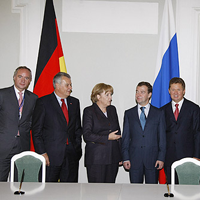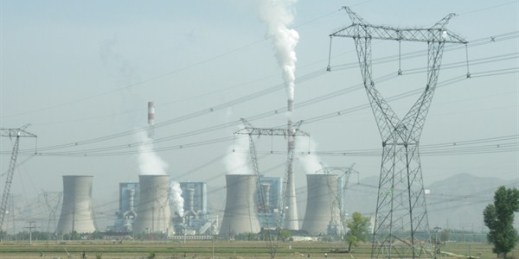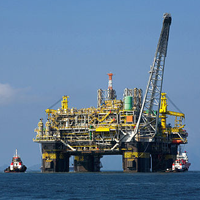
Editor’s note: The following article is one of 30 that we’ve selected from our archives to celebrate World Politics Review’s 15th anniversary. You can find the full collection here. "I think many of our problems as a country would be solved if people had thick passports." — Matt Damon, Condé Nast Traveler, 2009. Tourism is as much a political terrain as a cultural practice. It has been promoted as a route to economic development for poor nations and wielded as an instrument of political leverage between nations — as the U.S. embargo against travel to Cuba or the recent easing of […]






